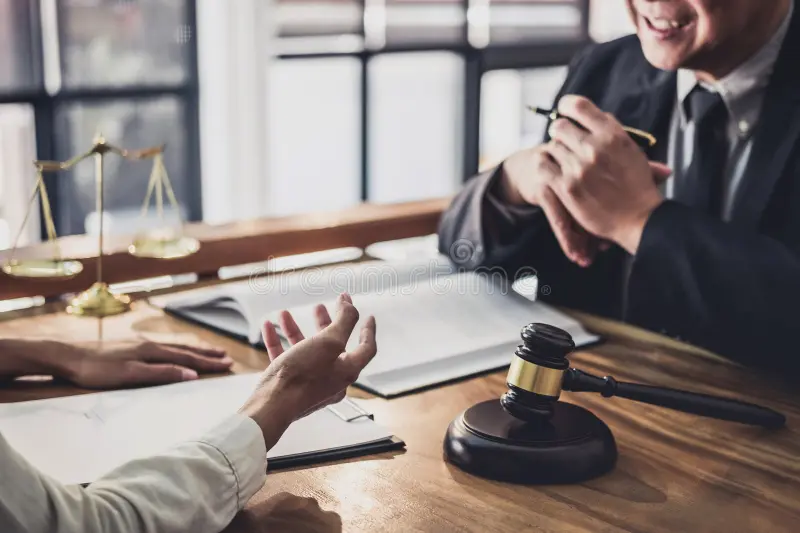
Introduction
It is well established and known that proving correct facts in legal proceedings is important and usually decisive. Facts are proven through evidence. This is why parties produce documents or call in witness to testify in their favour. In this article I look at the importance of a litigant (a party to legal proceedings) making full disclosure of relevant facts and evidence to his / her / its legal practitioner.
Legal strategy
In coming up with a legal strategy a legal practitioner representing a party to legal proceedings considers applicable laws and the facts to be proven through evidence. It is helpful if the litigant has reasonable understanding of applicable laws, for example in labour matters, and the facts to be proven through evidence, for example when a employee was hired or terminated.
What may lead to lack of disclosure of relevant facts
There are several reasons why a legal practitioner may work without the full or relevant facts in a case. Some of the reasons include the following:
- Client intentionally withholding certain information that could be adverse to the case.
- Client disclosing only what he / she / it thinks relevant.
- Client dwelling on emotions instead of relevant facts.
- Inadequate preparations by the legal practitioner and the litigant.
I now look at the above reasons.
Client intentionally withholding certain information
Though not rampant at times it does happen. This may happen in certain situations. For example a client might be trying his / her / its luck in a weak case. A client might not be comfortable to say the truth or all the facts fearing this might influence the legal practitioner’s view, for example to push the client to settle instead of fighting a weak case.
At times a legal practitioner might be approached by a client who has been represented by other legal practitioners and may not even disclose that or the full factual background. At times even attempting to revive a case that has already been dealt with by the Courts. In cases involving debt, a client may not disclose that he/she/ it signed an Acknowledgement of Debt or Deed of Settlement which he/she/ it has breached. In criminal matters it may also happen that the accused person decides to withhold certain unfavourable facts. This is not different from not telling your doctor the truth which may lead to a wrong diagnosis or treatment.
Client disclosing only what he/she /it thinks relevant
Clients are different. Some may have done their own research or consultations and disclose to the legal practitioner what they think is relevant. At times clients do so without an appreciation of the consequences of leaving out important facts. If relevant facts are left out no evidence to prove them will be adduced. In a few cases, you hear a client saying I wanted to tell you that but I thought it was not necessary. Some facts may come out for example during cross examination and it might be too late to correct the situation. A legal practitioner needs to know the correct and full facts in order represent a client.
Clients focussing on emotions
At times a legal practitioner has to find ways of managing the emotions of a client. Litigation is usually emotional for reasons I understand. The lawyer has to find a way of extracting important facts and evidence. Some clients may spend considerable time explaining how hurt they are and in the process overlook important facts and the evidence required to prove the facts.
Inadequate preparation by the legal practitioner and the client
This may happen due to many reasons such as limited time due to late briefing, both the lawyer and client failing to find common time, or simple communication breakdown, or at times a client failing to understand the need to meet for proper and full discussion of the facts and the law.
Conclusion
In my view, a litigant and his / her / its legal practitioner ought to meet and discuss the laws and facts relevant to the matter. It is a team effort. Clients may also help if they come with some notes prepared for the legal practitioner so that important facts are not left out. The availability of evidence especially in the form of documents will help prove facts of the case.
Disclaimer
This simplified article is for general information purposes only and does not constitute the writer’s professional advice.
Godknows (GK) Hofisi, LLB(UNISA), B.Acc(UZ), Hons B.Compt (UNISA), CA(Z), ACCA (Business Valuations) MBA(EBS, Heriot- Watt, UK) is the Managing Partner of Hofisi & Partners Commercial Attorneys, chartered accountant, insolvency practitioner, commercial arbitrator, registered tax accountant and advises on deals and transactions. He has extensive experience from industry and commerce and is a former World Bank staffer in the Resource Management Unit. He was recently appointed to sit on the Council of Estate Administrators in Zimbabwe. He writes in his personal capacity. He can be contacted on +263 772 246 900 or ghofisi@hofisilaw.com or gohofisi@gmail.com. Visit www//:hofisilaw.com for more articles.

